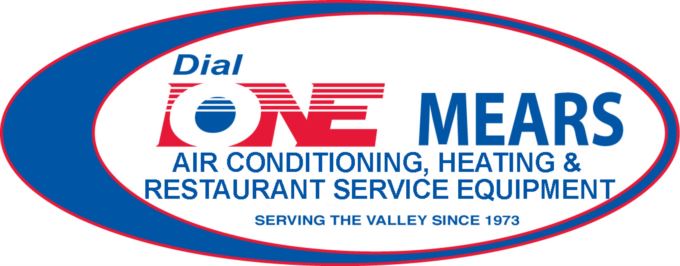
Ever done a double take when you took a look at your last energy bill? Although high energy bills can be the result of severe weather conditions, persistently high bills can quickly indicate an inefficient HVAC system or your home is wasting energy through other means, such as drafty windows or insufficient insulation.
One of the simplest ways to identify whether your home is wasting energy is by hiring a home service specialist to complete a home energy audit, also known as a home energy assessment. Keep reading to learn all about home energy audits, including what they are and their benefits.
What Is a Home Energy Audit?
An energy audit is a thorough inspection of how much energy your home consumes and whether – and where – your home might be losing or wasting energy. An inspector will go through previous energy bills in the course of an energy audit to find out where energy is being used and how much.
The overall goal of an energy audit is to help homeowners save money on their energy bills by suggesting energy-efficient renovations, which might include swapping out your current HVAC system, installing new insulation, sealing up leaks, or replacing old windows.
During the energy assessment, the auditor also completes an inspection of the outside and inside of your home. The auditor completes a blower door test on doorways, windows and fireplaces to figure out if there are air leaks in your home. They’ll also check your home’s HVAC system, which also includes the ductwork, the water heater, and the insulation in your attic. Comprehensive assessments may also include inspecting your current lighting system.
Benefits of a Home Energy Audit
It can be hard for the average homeowner to know for certain how efficient their home is in comparison to other similar homes in their neighborhood. However, local energy companies often supply information about where your home stands in comparison to similar homes and whether it’s more efficient, about average, or inefficient compared to your neighbors’ homes. This could be a useful starting point to decide if you need an energy audit performed.
Some of the benefits of a home energy audit include:
Understanding How Efficient Your Home Is
It’s good to know how efficient your home is and where you’re using up the most energy. For example, if your ducts are leaking air, it can cause a large increase in your energy bills and additional wear and tear on your HVAC system as it has to work longer to properly heat or cool your home.
Making Energy-Efficient Updates
An energy audit can reveal where you need to make energy-efficient changes to save on energy and lower utility bills. This may include replacing worn weatherstripping or installing a new energy-efficient furnace.
Improving Health and Safety
Permitting air to leak into your home through doors and windows, or because of a lack of insulation can cause unwanted moisture to appear, which could negatively impact your home’s humidity levels or produce mold. This can lead to health issues, especially for people dealing with asthma or allergies.
Adding to Your Home’s Retail Value
Energy-efficient homes are preferred by homebuyers. You can sell your home much faster or for more money by demonstrating to possible buyers that it’s energy efficient.
How to Perform an Energy Audit of Your Home
Although completing an energy audit independently may not be as comprehensive as hiring a professional, it’ll give you a broad understanding of how energy efficient your home is. If you don’t find any flaws during the DIY test, then you likely don’t need to hire a professional. Try this step-by-step checklist:
- Inspect your HVAC system. Leaky ducts can lose up to 20% of conditioned air, contributing to higher energy bills and greater wear and tear on HVAC equipment. If you notice leaks, use duct tape to close them. If your HVAC equipment is old and inefficient, upgrading to a new system can save you a substantial amount on your energy bills. In some cases, it might be better to hire a reputable HVAC company to inspect your system.
- Watch for signs of air leaks. Air leaks on average can increase your energy bills by 10 to 20%. Inside, look for air leaks in areas where you can find a draft, like along the edge of flooring and close to baseboards and electrical outlets. Outside, you can look for air leaks along the home’s foundation, siding and mortar. Plug, caulk or seal any air leaks to save money.
- Inspect insulation. If your home is older, it could mean your insulation is too. If you can see the joists, you likely need more insulation.
- Check the ventilation. Ensure that all of your kitchen and bathroom exhaust fans are spinning properly, and inspect for evidence of rot or moisture.
Contact Dial One Mears Air Conditioning & Heating Inc for a Professional Energy Audit
If you would like professional help finding out how energy efficient your heating and cooling equipment is, call the HVAC experts at Dial One Mears Air Conditioning & Heating Inc today. We’ve proudly supported the residents of Phoenix with quality home services for years. Contact us today to schedule an appointment.
